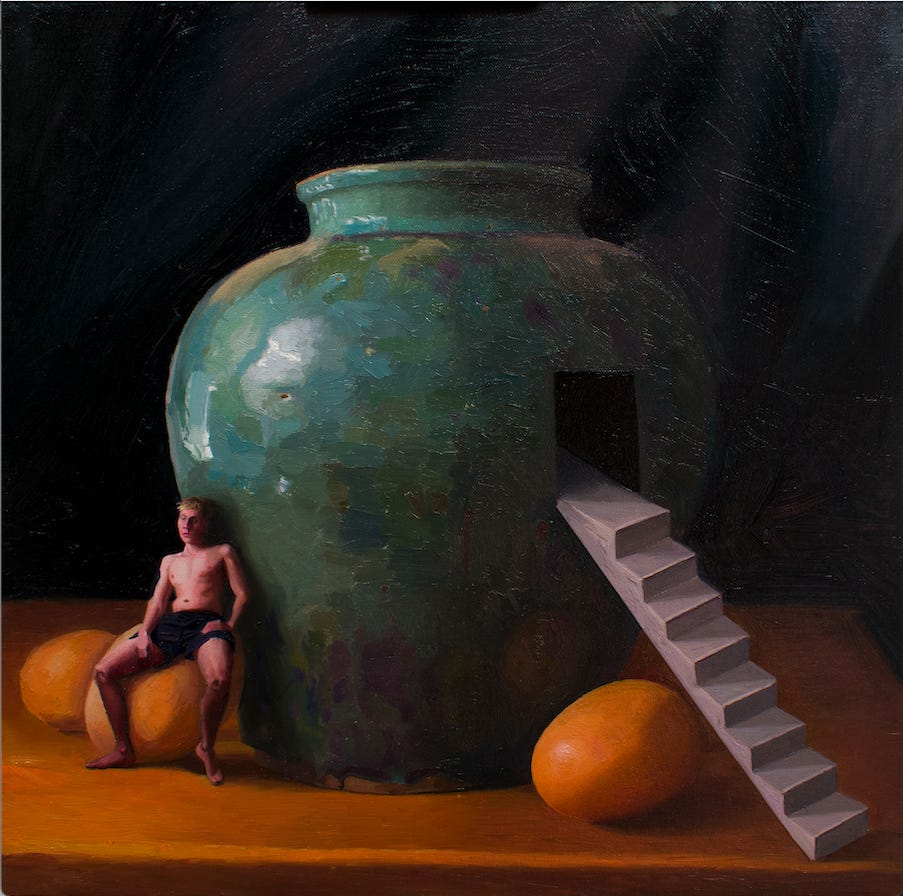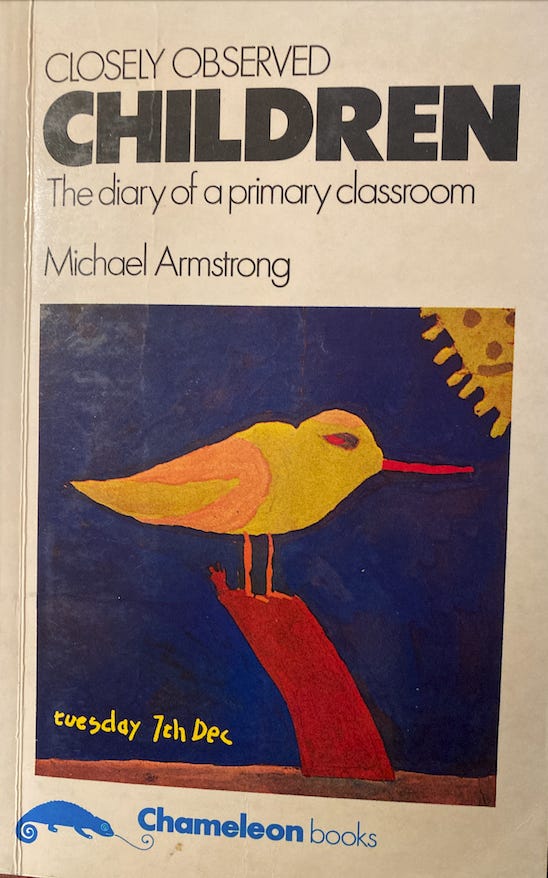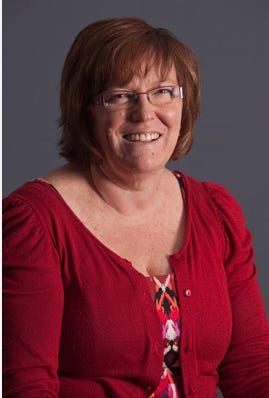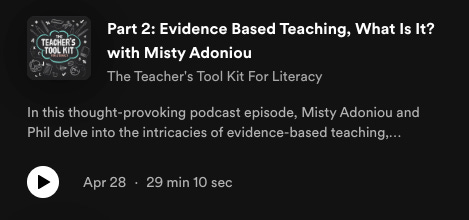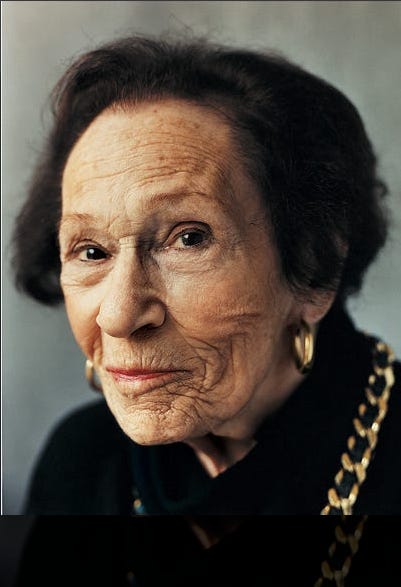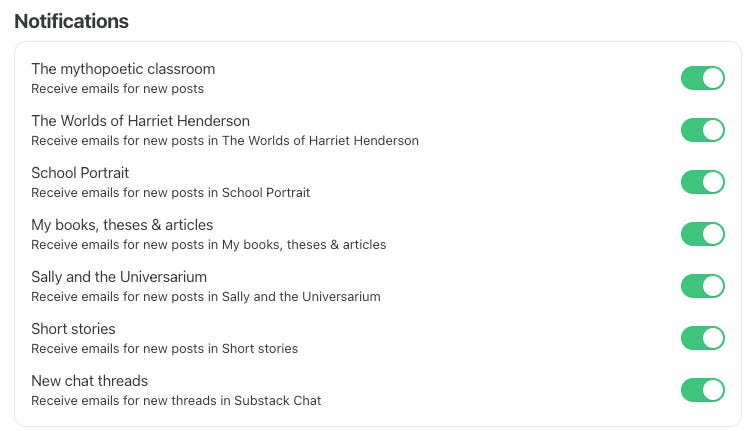1.
During the 1981 summer holidays - I’d been teaching for a bit over a decade - I read a book that was to make a big impact.
The book was Closely Observed Children: the diary of a primary classroom.
The author, Michael Armstrong, described how he took leave from his fulltime teaching job and spent a year in another teacher’s classroom, recording in notebooks and diary entries what he observed.
In them [he wrote] I recorded what seemed to me on reflection to have been the most significant events of the day, together with my observations, interpretations and speculations on these events.
It was, in other words, a methodical and careful experiment in observation, recording and hypothesising. It’s what scientists do.
I thought, once I’d finished the book, that I’d try something similar myself. I’d surely learn more, not only about my students, but about teaching in general.
I chose to write about five of my students: Anna, Chris, Kate, Dan and Paul, three of whom were in my mixed-aged class for three years. I collected a lot of material as I tried to understand those students better, as I tried to adapt my teaching in the light of what I was learning. My diaries became my own book: (School Portrait).
2.
‘Teachers are scientists,’ says Misty Adoniou in an excellent recent podcast called Evidence-based teaching: what is it? Misty describes how teachers know there are countless variables in a classroom, and they work hard to identify and respond to the variables in order to deepen their students’ learning and their own teacherly knowledge.
This, I think, is what I was doing during those years of documenting the school lives of Anna, Chris, Kate, Dan and Paul: closely observing the children and adapting my teaching as I went.
3.
And then, many years later, I started to write fiction. This didn’t feel like a change of direction in the way I was reflecting on my experiences as a teacher. It felt more like a way of going deeper.
Why might this be? What can fiction - a work of the imagination - add to an attempt to understand? In her book Releasing the Imagination, Maxine Greene - educational philosopher, author, social activist and teacher - makes a number of claims for an effective work of the imagination.
Such a work, she says
discloses the unseen (p28),
evokes memories and desires (p44),
expands perspectives (p58),
returns us to our body and to its relationships to other bodies (p61),
restores lost spontaneity (p78),
reconstitutes the known world (p104),
transcends the given (p111),
encourages action (p116),
creates hope and leads to repair (p130),
creates community and acknowledges plurality (p155).
This is how writing fiction felt to me. I wasn’t turning away from my attempts to make sense of what happens in the classroom; instead I was trying to understand - and then represent - it better.
4.
Since posting the last newsletter a fortnight ago, I’ve posted the next batch of this fiction.
Chapter 4 of The Worlds of Harriet Henderson.
Chapter 5: Paul from School Portrait.
The story - Twenty four hours in the life of a principal - that came out of my meeting with five female school principals.
My account - The Sticky Tape Poem - of a day from my first year as a teacher.
An article - A mythopoetic methodology: storytelling as an act of scholarship - that explores in more depth the theme of this newsletter.
Some of these have audio, some not. Let me know if you’d like more audio; I enjoy doing it.
And many thanks to those of you who have been clicking the ‘like’ button or writing comments.
5.
The painting at the head of this post is by Solomon Karmel-Shann. It is one of my favourites. I tried writing something about what I saw as its connection to the theme of this newsletter. But the words seemed weak; the wonderful painting doesn’t need words.
6 .
Are you getting too many notifications from me in your email inbox?
You can turn off notifications if, on a desktop computer, you click on the Newsletters tab at on the top menu bar. You’ll see this on your screen:
Click where it says ‘account settings’ and you’ll be taken to this screen where you can turn notifications off or on for any section of The Mythopoetic Classroom.





